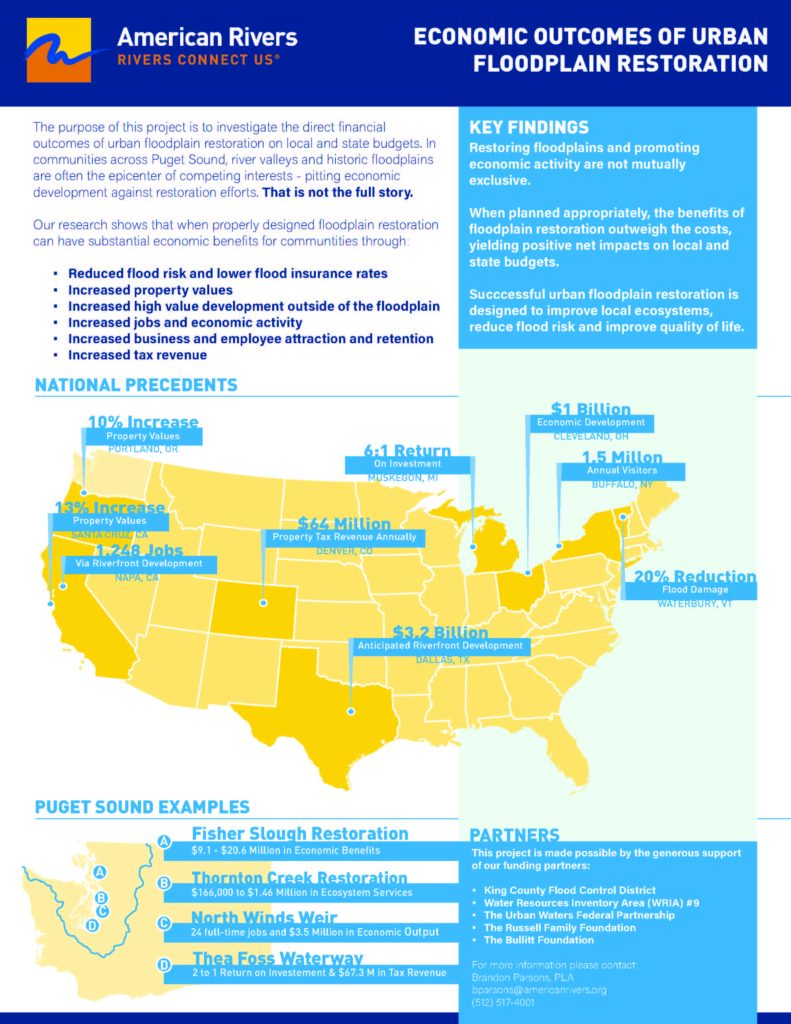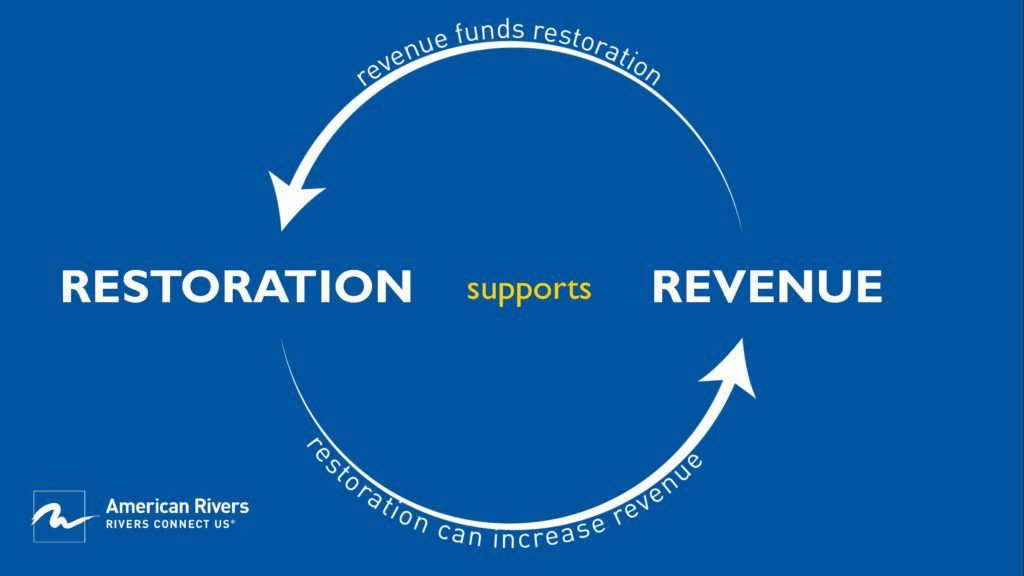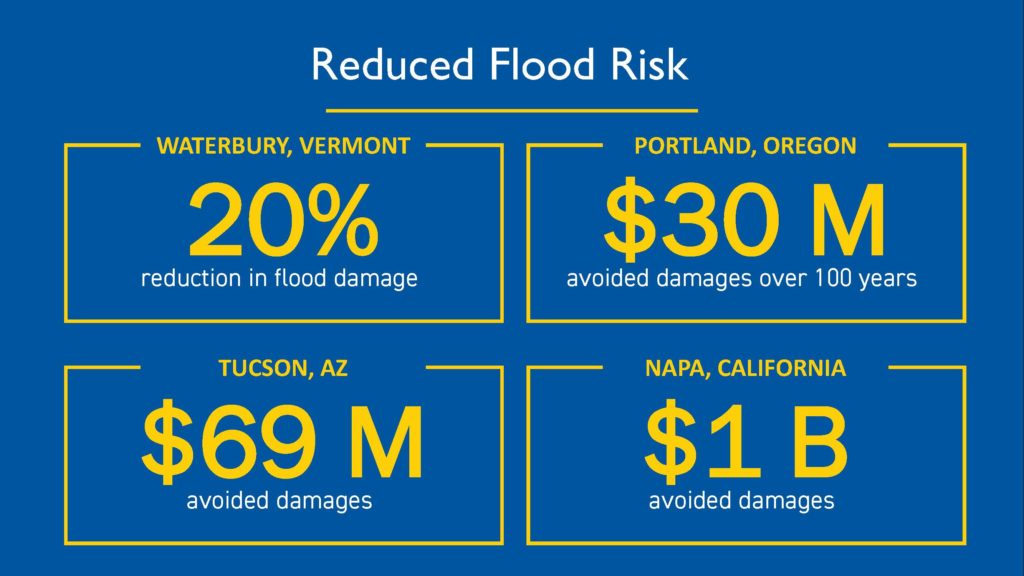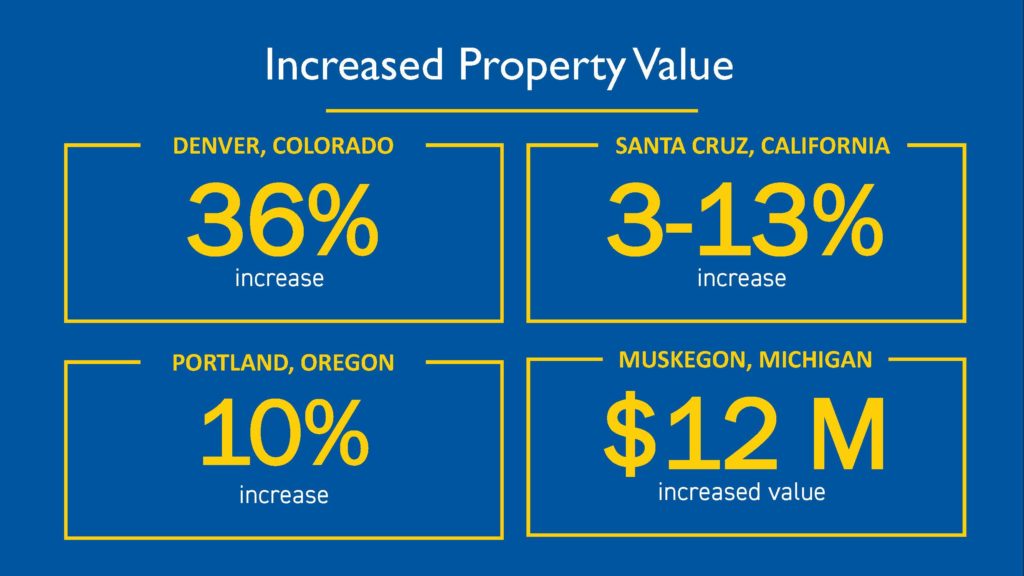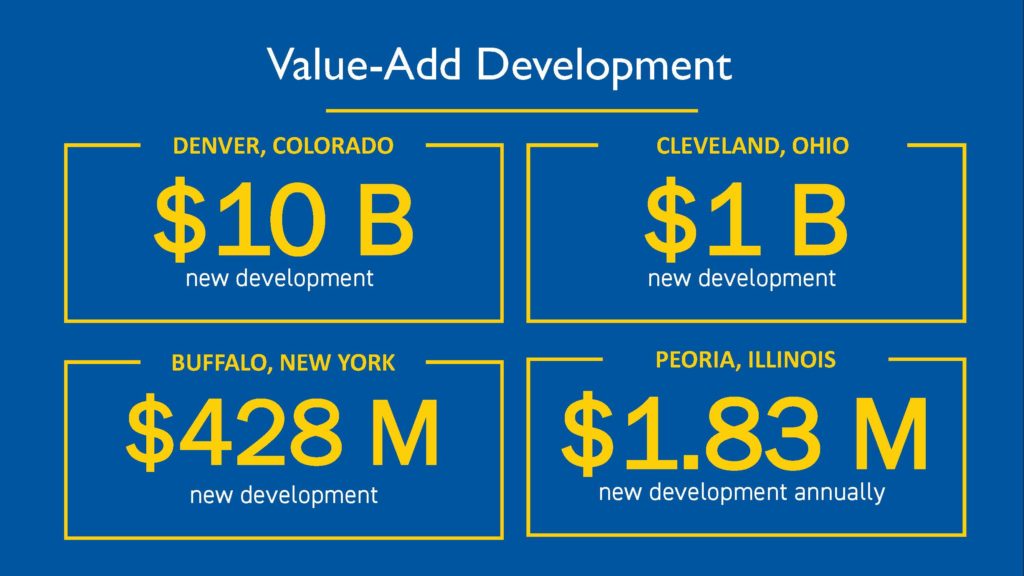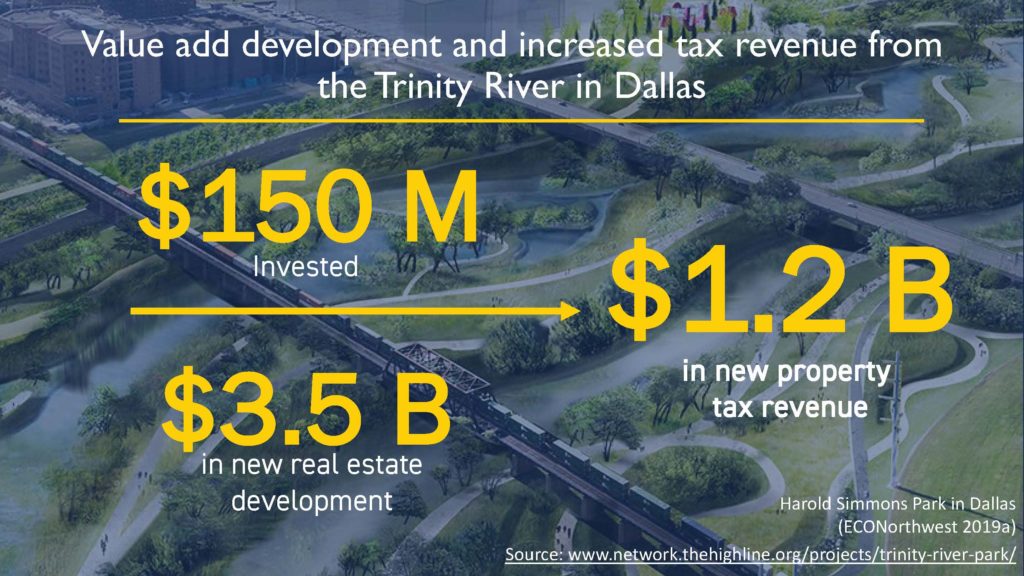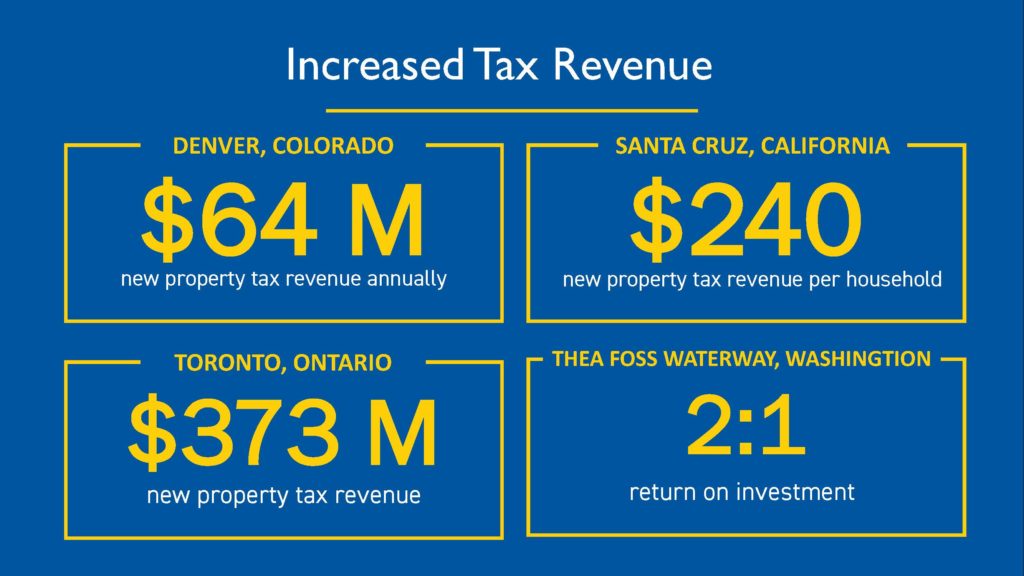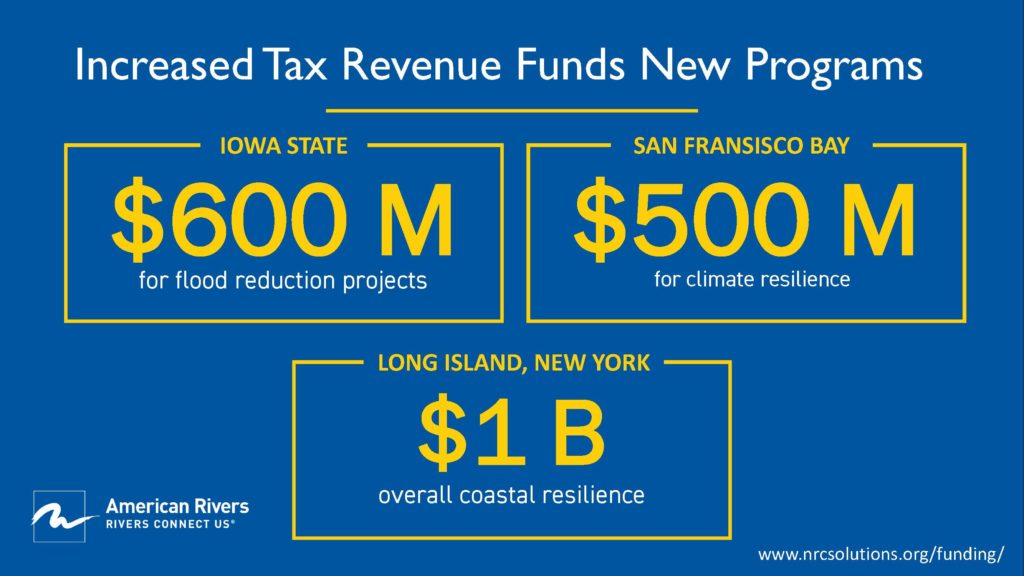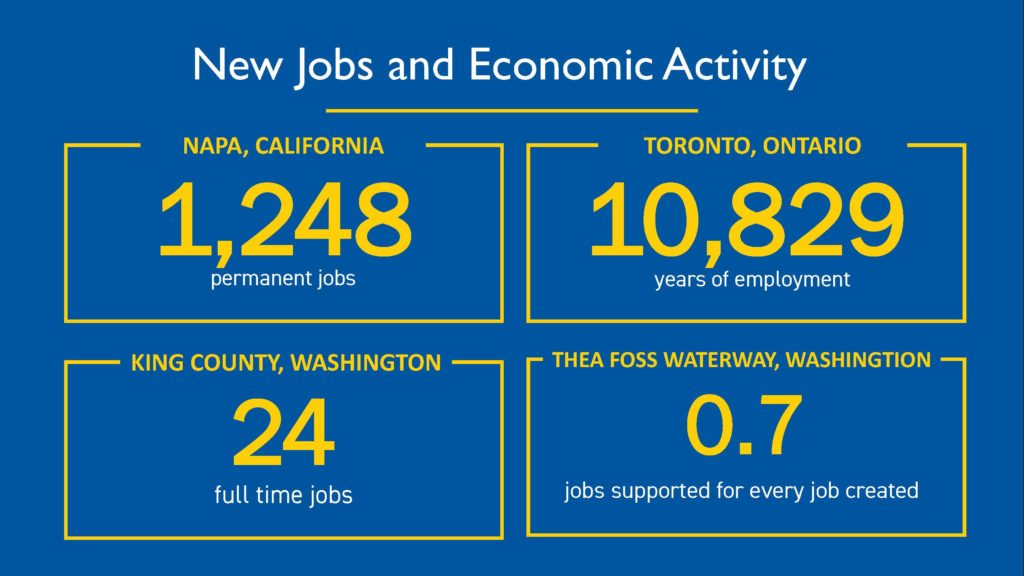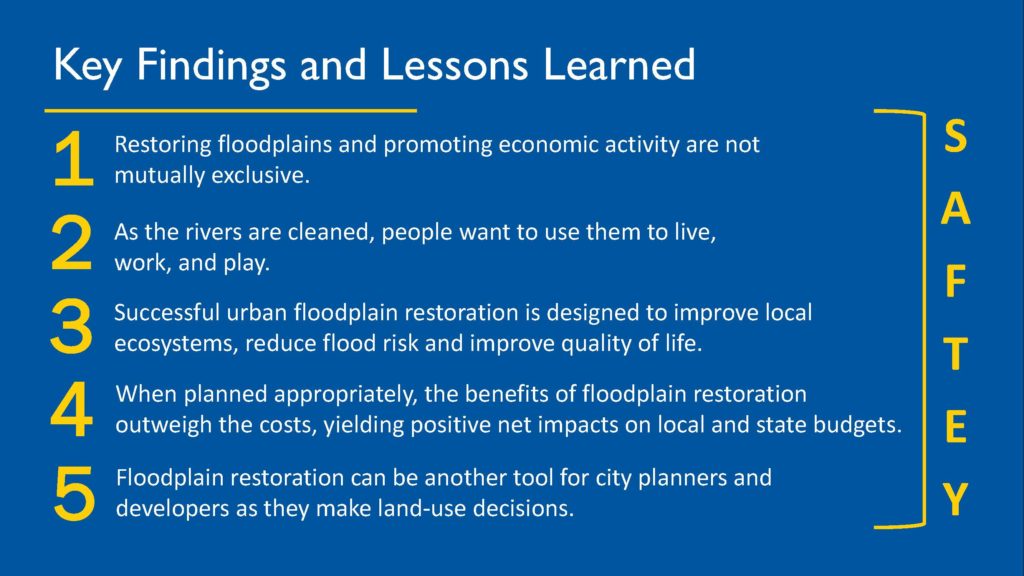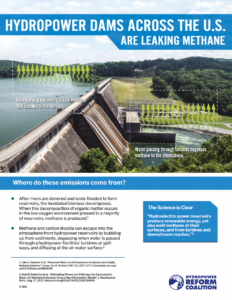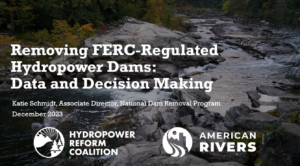Restoration supports Revenue!

Restoration funding in the Puget Sound and across the country is generated from tax revenue. Over 50% of Washington’s revenue comes from sales, business & occupancy and property tax. Preliminary estimates show the state could lose $7 billion in revenue due to COVID-19 – potentially resulting in deep cuts across the board, including a decrease in restoration funding as salmon and Southern Resident orca populations continue to decline and flood risk intensifies. While COVID presents unprecedented challenges, funding shortfalls are common in the state budget and competition for funding is fierce. Moving forward, it will be even more essential for policy makers to understand the revenue implications of their funding decisions and invest in programs that will accomplish multiple benefits while showing a high return on their investment.
Similarly, local communities must be increasingly strategic about how to invest their limited resources to provide the most benefit to their residents. In urban communities, river valleys and their historic floodplains are often the epicenter of competing interests. Decades of floodplain development have replaced healthy habitat with industrial, commercial and residential development – degrading the environment and cutting off many communities from their greatest natural resource. These impacts disproportionately effect low income communities where access to clean water and open space are already more limited.
In their natural condition, these same areas would provide critical flood protection to communities and are essential to the recovery of the Puget Sound salmon and the Southern Resident orcas that depend on them. They would also provide important educational, recreational and health benefits if they were publicly accessible. However, now many communities get a substantial portion of their tax revenue from their river valleys forcing a perceived trade-off between restoration and economic growth.
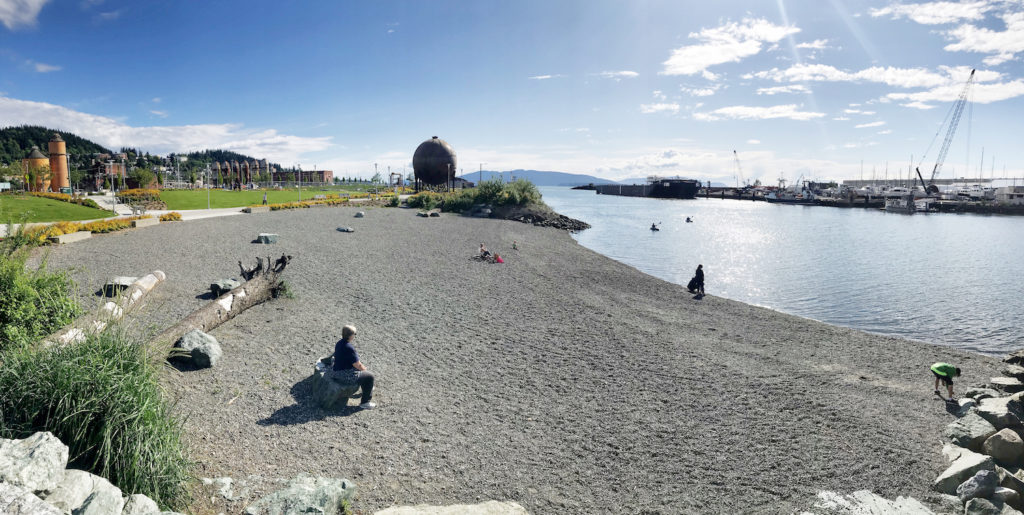
The two are not mutually exclusive.
American Rivers believes that is essential, now more than ever, to illuminate these economic outcomes of urban floodplain restorations so that families across the country can rediscover their rivers and communities can make smarter and more equitable landuse decisions in the future.
A recent report on the Economic Outcomes of Urban Floodplain Restoration by American Rivers, ECONorthwest and Environmental Sciences Associates (ESA) compiles examples from around the country on the direct financial benefits of urban floodplain restoration on local and state budgets. The report demonstrates that there is a substantial economic benefit when communities invest in floodplain restoration, through:
- reduced flood risk and lower flood insurance rates;
- increased property values;
- increased high value development outside of the floodplain;
- increased jobs and economic activity;
- increased business and employee attraction and retention; and
- increased tax revenue.
The goal of this report is to illuminate the economic outcomes of investing in urban floodplain restoration as we work to reduce our flood risk, restore salmon populations, increase equity and growth our economies in an increasingly constrained and stressed environment. Our intent is that the results of this study will serve as a resource for communities as they make decisions about the highest and best use of their land in a way that balances healthy, functional rivers and economic growth. Although the geographic focus is the Puget Sound region of Washington, the findings of this report are broadly applicable to locations across the county with similar perceived tensions between floodplain restoration and urban development or communities interested in obtaining the highest economic return as they invest in their river corridors.
Generous financial support for this project was provided by the King County Flood Control District, Watershed Resource Inventory Area (WRIA) #9, the Urban Waters Federal Partnership, The Russell Family Foundation and the Bullitt Foundation.
The post Restoration supports Revenue! appeared first on American Rivers.

